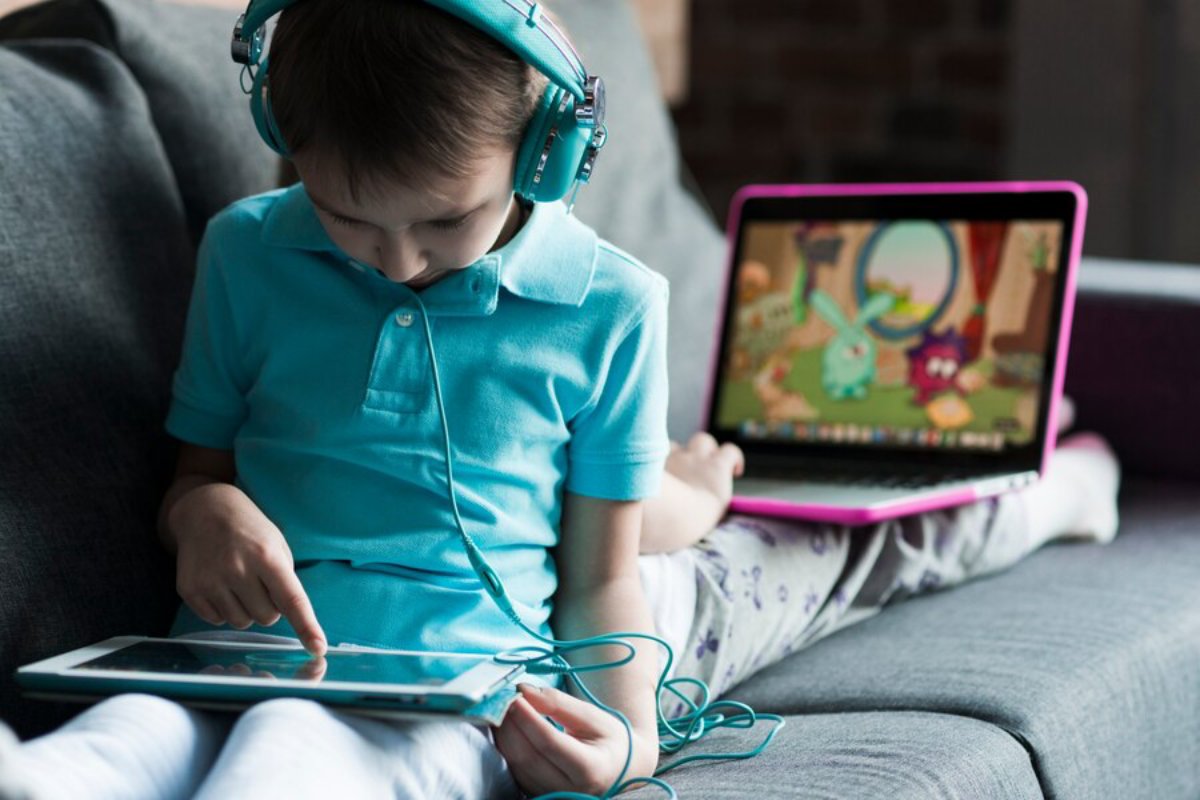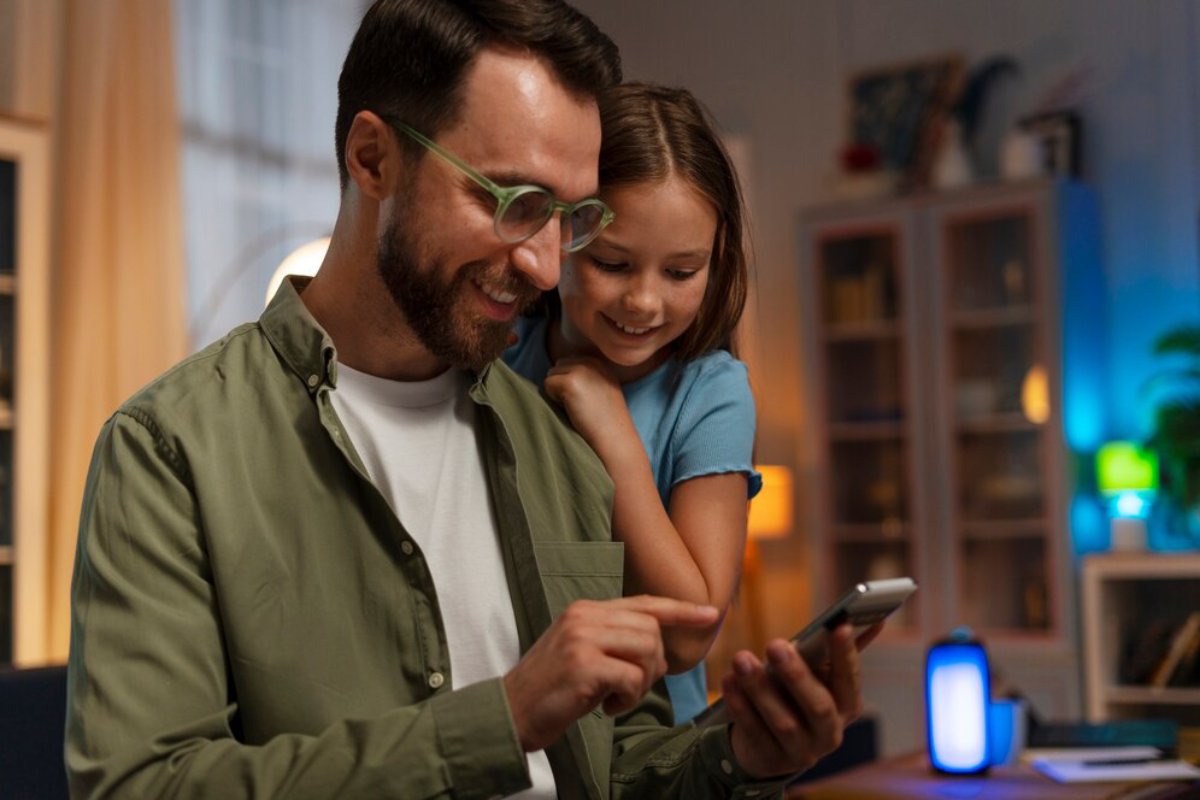
Entertainment Media That Still Builds Skills
Entertainment media have traditionally been viewed as a means of relaxation and escapism. However, edutainment is now a strong tool for learning and developing skills. This change is reshaping how we consume content and how we gain knowledge and skills. This blog will look at how entertainment media can help build skills. We’ll dive into educational shows and the idea of learning through media.
Many think entertainment media is just for fun and doesn’t teach anything. However, this is far from the truth. Many types of entertainment media aim to teach essential skills and knowledge. They also keep audiences engaged and entertained. Edutainment includes many forms, like documentaries, podcasts, video games, and TV shows. Its range keeps growing. Edutainment shows us how to use media to boost learning and makes lifelong education enjoyable.
Key Benefits
The Relevance of Edutainment
Edutainment is more than just a buzzword; it is a paradigm shift in how we perceive and use media. Its relevance comes from linking learning with entertainment. Edutainment blends learning with entertainment, making education fun and easy for everyone.
Edutainment has a key benefit: it engages learners who struggle with traditional education. For example, kids who find traditional learning hard can enjoy educational shows. These shows make learning fun and interactive. Gamified learning experiences can greatly benefit teenagers and adults. They turn boring subjects into exciting challenges. This helps build both cognitive and emotional skills.
Edutainment also encourages intrinsic motivation. It differs from traditional methods that focus on grades by encouraging curiosity and voluntary participation. This approach helps learners remember information better and use it in meaningful ways.

Real-Life Applications of Edutainment
Edutainment affects more than just education. It touches many parts of our lives. Language learning apps with gamification features are popular. They are effective in teaching new languages, making learning a new language fun, and motivating users to practice regularly and improve their skills.
Edutainment is now part of professional development. Corporate training programs use interactive simulations and role-playing activities. These methods boost employee engagement and help them remember training content, leading to better skill-building at work.
Another exciting application can be found in health and wellness media. Programs about cooking, exercise, or mental health use stories and interactivity. They teach viewers healthy habits and often shape real-life choices and behaviours. This content shares crucial public health messages more effectively than traditional education.
Additional Expert Tips & Common Mistakes to Avoid
Best Practices for Leveraging Edutainment
Follow best practices to get the most from edutainment. This will help create a meaningful and impactful learning experience. Firstly, choosing content that aligns with the learner’s interests and goals is important. This ensures that the learning experience remains engaging and relevant.
Moreover, mixing media formats like videos, podcasts, and interactive games enriches learning. This approach caters to diverse learning styles, turning education into a colourful tapestry. By embracing varied media, learners expand their skill sets and knowledge horizons. For instance, podcasts shine for auditory learners, illuminating ideas through sound. Simulations and sandbox games are great for kinesthetic learners. They provide hands-on experiences that inspire creativity.
It is also important to encourage critical thinking while engaging with content. Ask questions like, “What did I learn?” or “How does this apply to my life or work?” Reflection turns passive consumption into active learning.
Common Mistakes and Misconceptions
Despite its potential, edutainment is not without its pitfalls. One common mistake is assuming that all entertainment media is inherently educational. It’s important to check the quality and trustworthiness of the content to ensure it offers accurate and useful information. Use trusted platforms and expert reviews to guide your choices.
Another misconception is that edutainment is only suitable for children. Edutainment is a valuable tool for learners of all ages. It helps everyone gain new skills and knowledge, from young kids to adults. Edutainment platforms for adults include TED-Ed, MasterClass, and Coursera. These sites simplify complex topics into fun and easy-to-understand formats.
A third mistake is overuse. Like all screen-based activities, moderation is key. Overexposure—even to educational content—can lead to fatigue and reduced comprehension. Mixing edutainment with offline activities, like discussion groups or hands-on projects, creates a better learning experience.

Advanced Insights
The Future of Edutainment
As technology continues to evolve, so too does the landscape of edutainment. The future of edutainment will mix new tech, like virtual reality (VR) and augmented reality (AR). Immersive technologies can change how we learn. They create realistic and interactive learning environments.
Imagine stepping into a virtual realm where reality meets imagination. VR whisks learners away to practice vital skills in a secure space. This technology changes the game for medicine and engineering, where hands-on experience is key. VR field trips and interactive simulations create endless fun learning opportunities in classrooms!
AR improves physical spaces by adding digital overlays. It makes textbooks and static materials more engaging. AR apps can change a living room into a historical battlefield or a solar system model. They offer rich experiences that help people understand better.
AI will play a bigger role in personalising edutainment. AI systems can change content right away based on a user’s performance, helping keep users engaged and challenged.
Unique Industry Perspectives
Industry experts are welcoming edutainment. This exciting blend is shaping the future of education. Organisations and schools are joining this trend, creating a demand for high-quality content. This fun mix of enjoyment and learning offers valuable education that’s easy to remember. Quality content is the golden key to unlocking skills and knowledge.
The entertainment industry is diving deep into education’s vast ocean. Animated gems like “Octonauts” teach marine biology well. They bring the underwater world to life. Meanwhile, “MythBusters” ignites curiosity, sparking scientific inquiry with thrilling experiments. Even popular video games like “Civilisation” and “Minecraft Education Edition” offer structured learning experiences. Players dive into history, urban planning, coding, and teamwork. They make playtime a fun and learning-filled adventure.
Platforms like YouTube, TikTok, and Twitch let users create and share educational content. The rise of content creation has resulted in many edutainment resources, which cater to niche interests and specific skills. Now, learners can access a lot of knowledge and skills that were hard to get.
Conclusion: Entertainment Media That Still Build Skills
Entertainment media that builds skills combines education and fun. Embracing edutainment can change how we learn and develop skills, making education more engaging and accessible for everyone. As we explore learning through media, we must choose content wisely. It’s important to find high-quality resources that match our learning goals.
Check out the world of edutainment. It offers many chances for skill-building and personal growth. If you’re a parent looking for kids’ shows, a pro wanting to stay updated, or just curious, there are plenty of fun learning resources to check out. Embracing this fun way of learning can help us reach our full potential. Let’s start a lifelong journey of discovery and growth!


